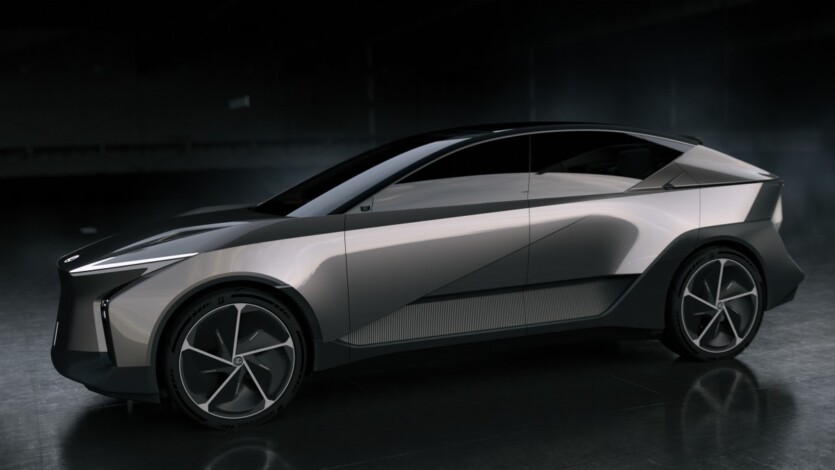
Automobile giant Toyota has decided to postpone the launch of its long-awaited next-generation electric vehicles. Initially, their presentation was planned for 2026, but now these models, including the Lexus LF-ZC and LF-ZL concepts presented at the Japanese Motor Show last October, will appear no earlier than mid-2027.
The reason for this decision is the desire to improve new production technologies. Among them is the popular giga-casting method introduced by Tesla, which reduces production costs and speeds up the assembly process.
Despite the delay, Toyota assures that it remains committed to innovation in the field of electric vehicles. The company is developing high-performance batteries that will provide a range of more than 1,000 km according to the WLTP standard. These batteries will also support fast charging, allowing them to charge from 10% to 80% in about 20 minutes. For comparison, the Toyota bZ4X model has a range of up to 516 km WLTP, but the EPA estimates that this figure for the front-wheel drive version is about 405 km.
The new strategy has already affected Toyota’s production plans. By 2026, only 1 million electric vehicles will roll off the assembly lines, instead of the previously planned 1.5 million. This reflects a general trend in the industry, as Ford, GM, and Volkswagen are also revising their plans for electric vehicles.
Toyota’s decision highlights the challenges that automakers face in the transition from decades of producing cars with internal combustion engines to electric models. Striking a balance between technological innovation, production efficiency, and the ever-changing marketplace requires careful planning. However, this move may be a bigger blow than the company recognizes. While Toyota is trying to buy time, competitors are gaining additional advantages, which could make the situation much more difficult for it in the future.
Source: arenaev

Spelling error report
The following text will be sent to our editors: